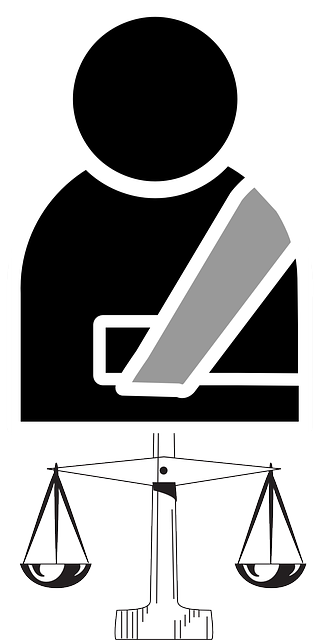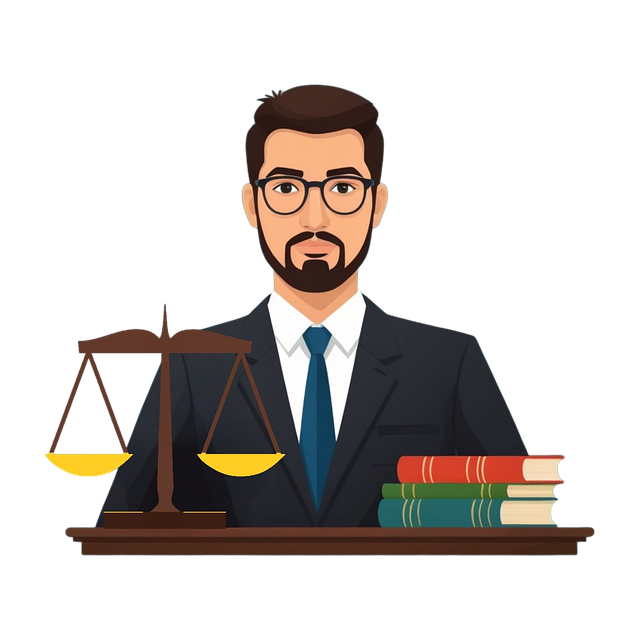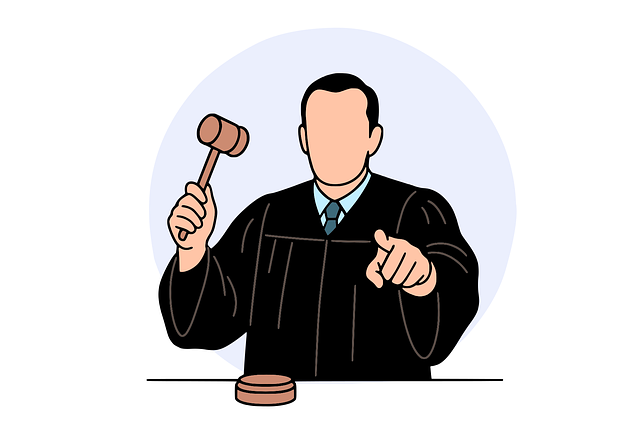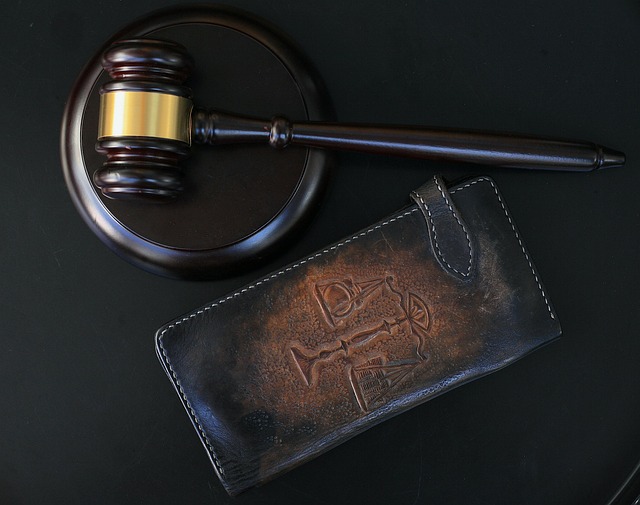For a successful defective drug case, meticulous recording and compiling of detailed medical records, expert testimonies, and scientific studies by a specialized defective drug attorney is crucial. These documents demonstrate the adverse health impacts of medications, establish liability, and secure compensation for clients. Strategic communication of complex medical information and highlighting real-life consequences further strengthen arguments, emphasizing the severity of defective drug side effects.
Documenting medical effects is a crucial step for a defective drug attorney building a strong case. This guide navigates the legal requirements, offering insights into compiling evidence through medical records and expert testimonies. By understanding the key components and implementing effective strategies, attorneys can present compelling arguments, ensuring just outcomes for clients affected by defective drugs. Key terms, like ‘defective drug attorney’, are woven naturally into the introduction to enhance SEO.
- Understanding the Legal Requirements for Documenting Medical Effects
- Compiling Evidence: Gathering Medical Records and Expert Testimonies
- Presenting a Compelling Case: Effective Strategies for Defective Drug Attorneys
Understanding the Legal Requirements for Documenting Medical Effects

When documenting medical effects for a defective drug case, it’s crucial to grasp the legal requirements set forth by regulations and courts. This involves meticulously recording all adverse events related to the use of the drug, including their severity, duration, and any long-term impacts on the patient’s health. Defective drug attorneys rely on these detailed records to build a compelling case for compensation.
The process includes collaborating with healthcare providers who can offer expert insights into the patient’s condition. This collaboration is essential in navigating complex medical malpractice cases where establishing causation between the drug and harm is paramount. An elder law or accident attorney specializing in defective drugs will leverage these documents to argue for fair reimbursement or damages on behalf of their clients, ensuring they receive the justice they deserve.
Compiling Evidence: Gathering Medical Records and Expert Testimonies

When building a case for a defective drug attorney, compiling evidence is paramount. The process begins with meticulous gathering of medical records detailing patient treatments, reactions, and outcomes related to the drug in question. These records serve as concrete evidence, providing insights into the drug’s potential adverse effects. Additionally, obtaining expert testimonies from healthcare professionals, such as physicians and pharmacologists, can significantly strengthen the case. Experts can offer specialized knowledge, interpret complex data, and provide professional opinions on the standard of care and the drug’s liability in causing harm, thereby aiding the defective drug attorney in navigating intricate medical aspects effectively.
Insurance disputes and wrongful death claims often hinge on these comprehensive evidence sets. Moreover, in business litigation involving pharmaceutical companies, having detailed documentation can be a game-changer. It allows for clear presentation of the drug’s defects, enhancing the attorney’s ability to argue for compensation or liability as they fight for their clients’ rights.
Presenting a Compelling Case: Effective Strategies for Defective Drug Attorneys

Building a compelling case for a defective drug attorney involves strategic documentation and presentation of medical effects. Defective drug attorneys must meticulously gather and organize evidence, including patient records, expert opinions, and scientific studies, to demonstrate the adverse impacts of the medication on their clients’ health. This process is crucial in establishing liability and securing just compensation for victims.
To strengthen their arguments, attorneys should effectively communicate complex medical information to the jury or judge. Using clear, concise language and visual aids can help illustrate the severity of the drug’s side effects, especially when comparing them to those experienced by similar patients or those affected by alternative treatments. Additionally, highlighting instances of caregiver abuse or personal injury, such as an auto accident lawyer might do for clients in motor vehicle collisions, can further emphasize the real-life consequences of the defective drug’s use.
When documenting medical effects for a defective drug case, it’s crucial to adhere to legal requirements while employing effective strategies. By understanding the need for comprehensive evidence, including medical records and expert testimonies, defective drug attorneys can build a compelling case that holds manufacturers accountable. This meticulous approach ensures justice for victims, underscoring the importance of skilled legal representation in navigating complex pharmaceutical litigation.






